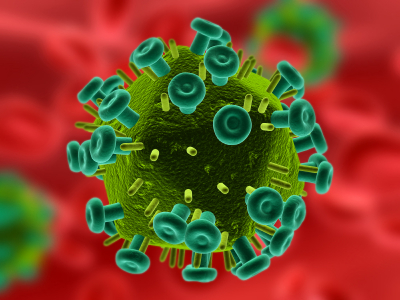- What are STD?

(STIs) Sexually transmitted infections/diseases are a major global cause of
 *
*acute illness,
* infertility,
*long-term disability and
*death, with severe medical and psychological consequences for millions of men, women and infants.STIs are spread primarily through person-to-person sexual contact.
There are over 30 different sexually transmissible bacteria, viruses and parasites. Several STIs, particularly
HIV and syphilis,
can be transmitted through blood products and tissue transfer, and from
mother to child during pregnancy and childbirth.
Symptoms of STIs may be
-absent,
-mild and transient,
- acute(as with gonorrhoea, chancroid, herpes simplex virus).

Many STIs can have
severe long-term consequences. In adults, chlamydia and gonorrhoea may lead to complications such as infertility, chronic illness and potentially fatal ectopic pregnancy. Chlamydia, gonorrhoea and syphilis can produce serious and often life-threatening conditions in fetuses and newborn babies, such as congenital syphilis, pneumonia and low birth weight. Infection with human papillomavirus is a proven precondition for the development of carcinoma of the cervix, which is the second leading cause of female cancer mortality worldwide.
Some of the most common sexually transmitted pathogens can be divided into
bacteria, viruses and parasites.
Common bacteria

- Neisseria gonorrhoeae (causes gonorrhoea or gonococcal infection)
- Chlamydia trachomatis (causes chlamydial infections)
- Treponema pallidum (causes syphilis)
- Haemophilus ducreyi (causes chancroid)
- Klebsiella granulomatis (previously known as Calymmatobacterium granulomatis, causes granuloma inguinale or donovanosis)
Common viruses
- HIV (causes AIDS)
- Herpes simplex virus type 2 (causes genital herpes)
- Human papillomavirus (causes genital warts and certain subtypes lead to cervical cancer in women)
- Hepatitis B virus (causes hepatitis and chronic cases may lead to cancer of the liver)
- Cytomegalovirus (causes inflammation in a number of organs including the brain, eye and bowel)
Parasites
- Trichomonas vaginalis (causes vaginal trichomoniasis)
- Candida albicans (causes vulvovaginitis in women and inflammation of the glans penis and foreskin in men)
 Brazil's government says it handed out nearly a half-billion free
condoms last year — a record for the nation's campaign to reduce AIDS
and other sexually transmitted diseases.
Brazil's government says it handed out nearly a half-billion free
condoms last year — a record for the nation's campaign to reduce AIDS
and other sexually transmitted diseases.










